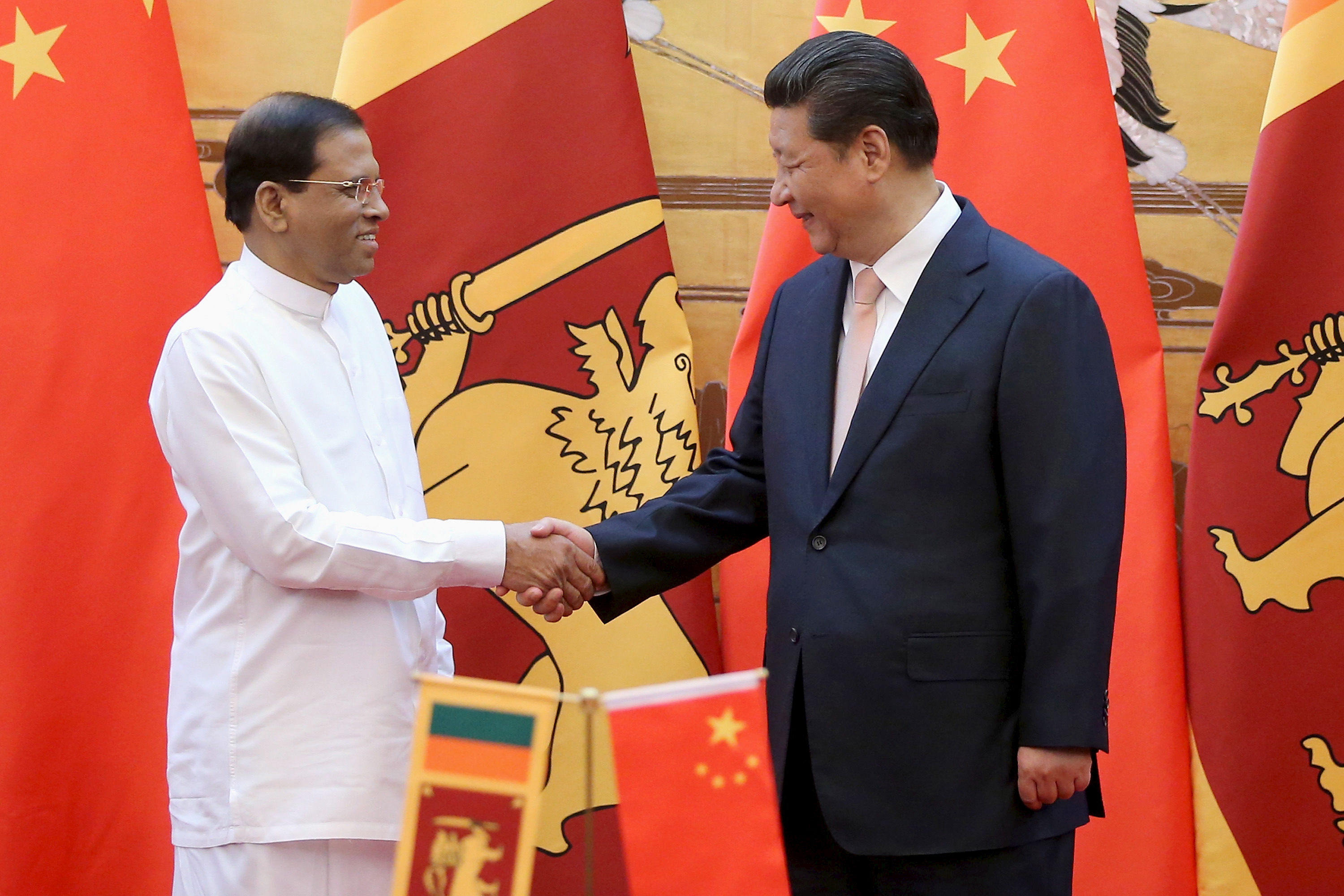
By Hu Weijia (Global Times, 25 April 2019) – Economic distress may yet leave a dent in Sri Lanka once the dust has settled from the Easter bombing on Sunday. If the island country fails to seek further assistance from international organizations such as IMF, China may be able to help.
The coordinated bombings killed more than 350 people, but the disaster is far from over. The country faces a possible collapse in tourism, which is a major source of foreign exchange earnings for the small nation. Sri Lanka has a target of attracting 4 million foreign visitors for 2019, but Sunday’s attacks will make that difficult to achieve. The nation must fill the gap caused by plunging tourism receipts by adding new momentum to the economy.
If Sri Lanka can’t get enough financial support from India or other countries to alleviate its pain, it seems inadvisable to prevent the island country from seeking help from China. There is a possibility that more Chinese investment may be needed if economic distress becomes acute. China, for its part, is willing to provide economic assistance if needed.
As one of the first countries to openly support and participate in the Belt and Road Initiative (BRI), Sri Lanka has attracted large investment from China. Significant infrastructure projects financed by China, including the Hambantota port, shore up the economy of Sri Lanka and push forward regional economic integration.
It is understandable that Sri Lanka’s cooperation with China may renew concerns over the so-called “debt traps,” but we don’t want Sri Lanka’s distress to worsen because of the misunderstanding. China held only about 9 percent of Sri Lanka’s total outstanding debt as of 2017, while 14 percent was held by bilateral lenders – equivalent to the share held by India, according to the Institute of Policy Studies of Sri Lanka, a socioeconomic policy think tank. This adds to the evidence that China is not the culprit for Sri Lanka’s debt problem.
Some statistics show the island country’s debt is 77 percent of its GDP, but internal problems are the main cause of Sri Lanka’s financial difficulties. Efforts to improve economic governance will help curb corruption and promote investment efficiency, improving the nation’s payment ability.
Sri Lanka has many ways to get out of its debt woes quickly as it seeks economic assistance from China and other countries after Sunday’s terror attacks.
The author is a reporter with the Global Times. [email protected]

